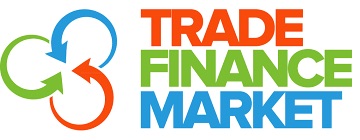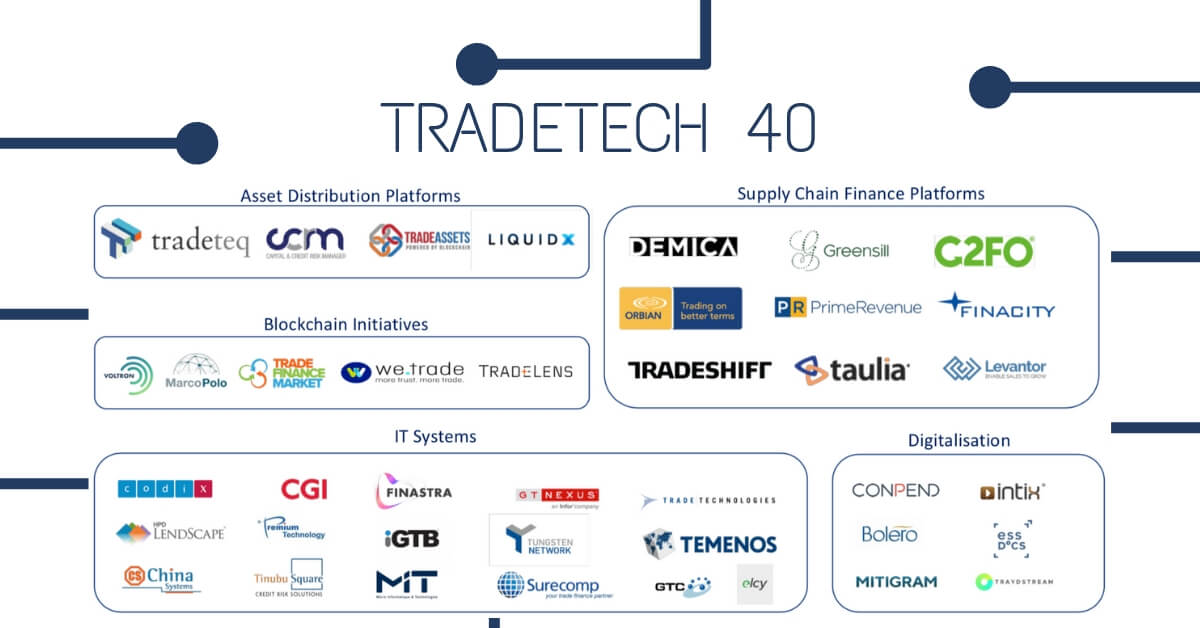An interview with Raj Uttamchandani, Executive of Trade Finance Market, talk about the provision of liquidity for global trade amongst SMEs.

Raj has led the development of TFM’s blockchain tools to derisk trade finance. He holds a BSc from The London School of Economics and plays an integral part in identifying legacy systems that can be made more efficient through the use of technology.
Raj is a recognized advocate on how blockchain can revolutionize trade – and has been invited to present his ideas at technology and trade conferences globally. He has also advised the Government of India on trade.
How is Trade Finance Market making a difference and what problem is it solving?
Why do you think TFM was represented in the Tradetech 40?
We have made it easy for trade finance companies of any size to utilise the power of distributed ledger technology to lower costs and reduce risk – our blockchain tools are API based so they work alongside existing workflows and ERP systems. Our applications are used by all participants in the supply chain and solve existing real world problems – for example, Invoice Check reduces invoice fraud and Collateral Check eliminates warehouse receipt fraud – both of which are billion dollar problems.
TFM is also founding member of the World Blockchain Trade Consortium (WBTC) – an umbrella organisation to unite stakeholders in the trade finance community by using blockchain technology to lower costs, reduce risk and increase funding to SMEs.
What are your biggest plans for 2019?
Complete our fundraising to increase the amount of liquidity we deploy to SMEs via our own balance sheet and announce more partners for our blockchain tools.
What’s your top prediction for 2019?
1. Global growth will slow down and there will be tightening of liquidity.
2. Blockchain applications will slowly start to take hold in niche areas of finance.
























